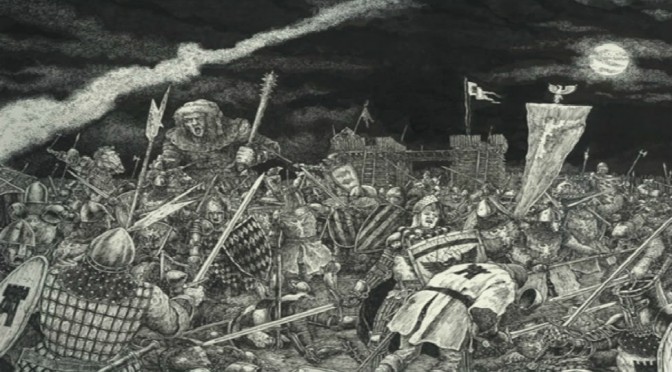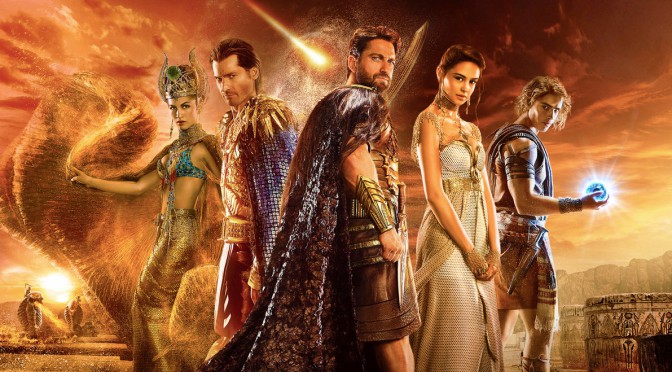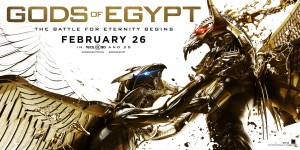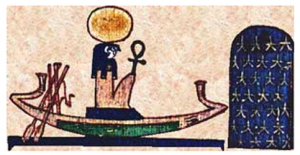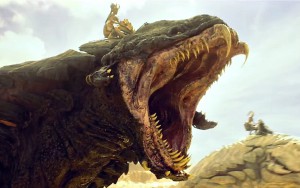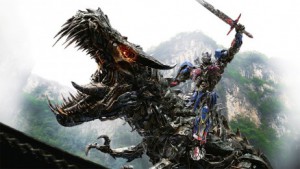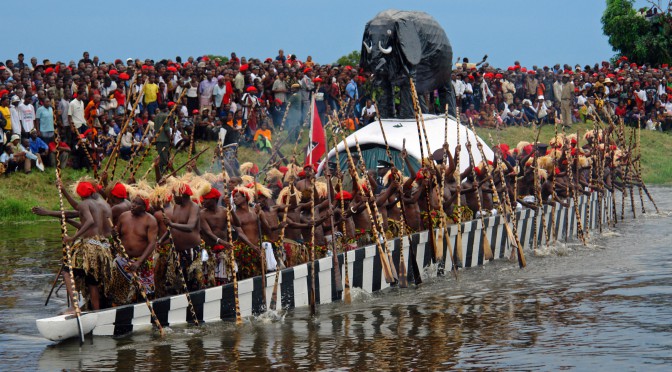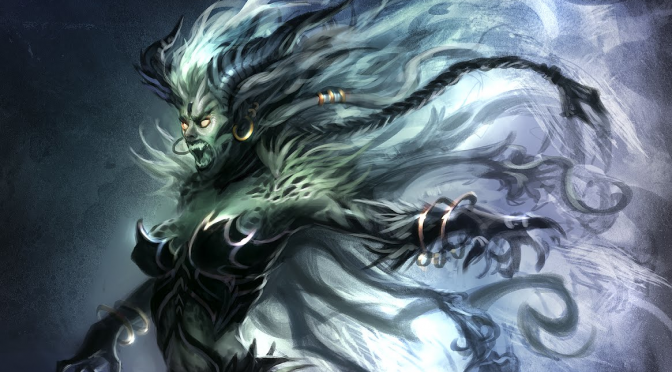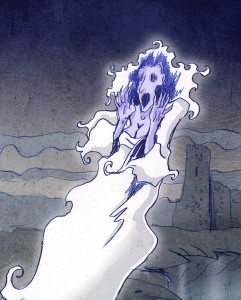There are some things that happen to exist in a perpetual state of rumor and possibility. Ghostbusters 3 was rumored to be happening for 20 years before a reboot came down the pipeline. A sequel to Independence Day was whispered about for almost as long. The possibility of a Star Wars Episode 7 has been rumored for as long as there’s been an episode 6. And as of the last couple years, Men and Black was supposedly going to cross over with 21 Jump Street.

For the longest time I thought it was a joke, especially since rumors of it always happen around April. No one in the industry would be so bankrupt of common sense as to shove these two franchises together, force them to hold, and then fuse them in some freakish science experiment. Hollywood defies all reason and logic but they usually have to have a reason to do something like this. Freddie vs Jason was a no-brainer that people were wanting to happen since the 80s. Alien vs. Predator was also just something that made sense and had a successful series of video games. And Batman vs Superman? That’s been something every kid’s been doing with their action figures since action figures were a thing!
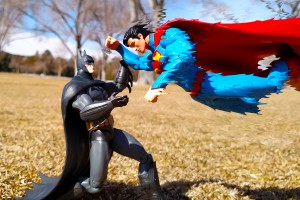
But 21 Jump Street and Men In Black? Who asked for this? What fevered dream did this thing emerge from? Were people just throwing darts at a board and picking franchises at random while dressed in a Captain America costume? This can’t be real! This is one of the most ridiculous concepts to have come out of the rumor mill ever and it has to have been an April Fools joke. Why does it keep getting repeated? Why do people keep citing insiders in the rumors of it? Why is there a writer? Why does this thing have a director now?!



